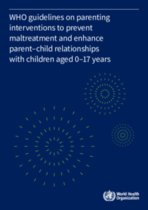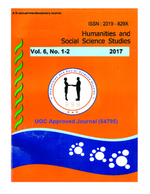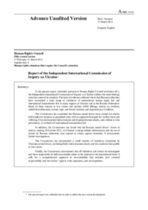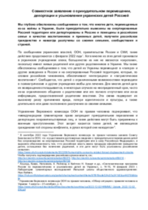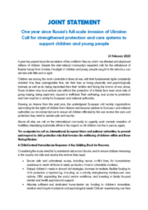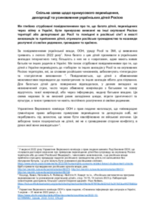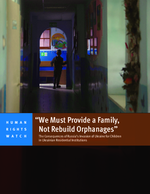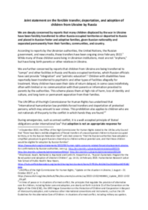WHO Guidelines on Parenting Interventions to Prevent Maltreatment and Enhance Parent–Child Relationships with Children Aged 0–17 Years
These WHO guidelines provides evidence-based recommendations on parenting interventions for parents and caregivers of children aged 0–17 years that are designed to reduce child maltreatment and harsh parenting, enhance the parent–child relationship, and prevent poor mental health among parents and emotional and behavioural problems among children.

